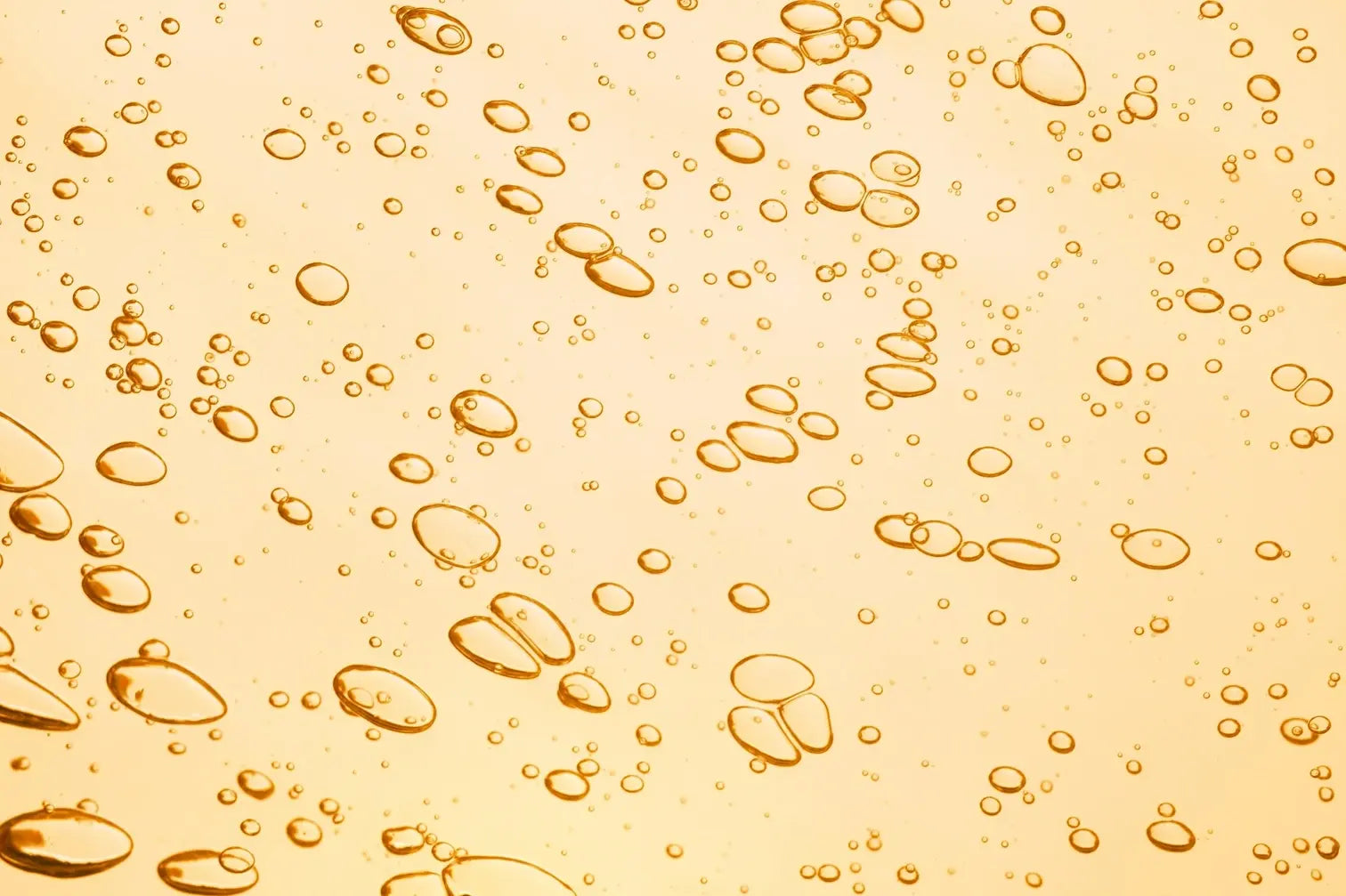What is Mineral Oil?
When crude oil is refined into gasoline and other petroleum products, mineral oil and several other impurities are removed from the mixture. This mineral oil is then refined further into a non-toxic moisturizer.2 While most moisturizers get absorbed into the skin, mineral oil, and other occlusives create a physical barrier on the skin's surface.3
Avoiding Mineral Oil for Healthy Skin
One of the main criticisms of cosmetic products with mineral oil is their potential to clog pores and trigger breakouts. However, the scientific community has already concluded that mineral oil is non-comedogenic and does not directly cause acne. This is because mineral oils are only absorbed into the top layer of the skin. .1 Consulting a dermatologist can provide additional clarity if you're unsure about what is non-comedogenic. Incorporating a gentle cleanser into your skincare routine is generally enough to clean your pores and prevent this type of acne. Cleansers like PREP can thoroughly remove impurities without disrupting the delicate skin barrier.
Does mineral oil irritate skin?
While mineral oil itself is non-comedogenic, the particles it traps against your skin may not be. Mineral oil creates a physical barrier on the skin, preventing particles from getting in or out. This can suffocate the skin barrier. Although hotly debated, some experts argue that mineral oils’ occlusive nature can trap dirt, bacteria, and other impurities beneath the skin's surface, exacerbating existing acne or causing new breakouts. 4,5 This can also disrupt the skin barrier, increasing skin inflammation and accelerating skin aging, although the effects vary based on skin type.6
Is mineral oil right for my skin type?
Your skin type can determine your sensitivity to mineral oil products. Using heavy amounts of a skin care product with mineral oil on oily skin leads to excess oil being trapped underneath the occlusive layer, which can exacerbate acne breakouts. (Read more about an effective skin routine for acne-prone skin hereto learn more about skin care routine for oily skin.)
Choosing Mineral Oil-Free Alternatives
OneSkin’s Commitment
Empowering Skin Health Choices
- Mineral oil is a byproduct of the distillation of petroleum and goes by various names such as white mineral oil, paraffin oil, and petroleum jelly.
- While non-comedogenic, mineral oil can trap dirt, bacteria, and other impurities under the skin due to its occlusive nature, which might exacerbate existing acne, cause skin irritation, or disrupt the skin barrier, especially in oily skin types.
- Cosmetic products containing mineral oil can be beneficial for dry skin as they lock in moisture, helping to hydrate and protect the skin, particularly in damaged areas.
- For those concerned about the potential side effects of mineral oil in cosmetics, plant oils like jojoba oil, andiroba oil, and moringa oil are recommended as non-comedogenic alternatives with similar benefits.


